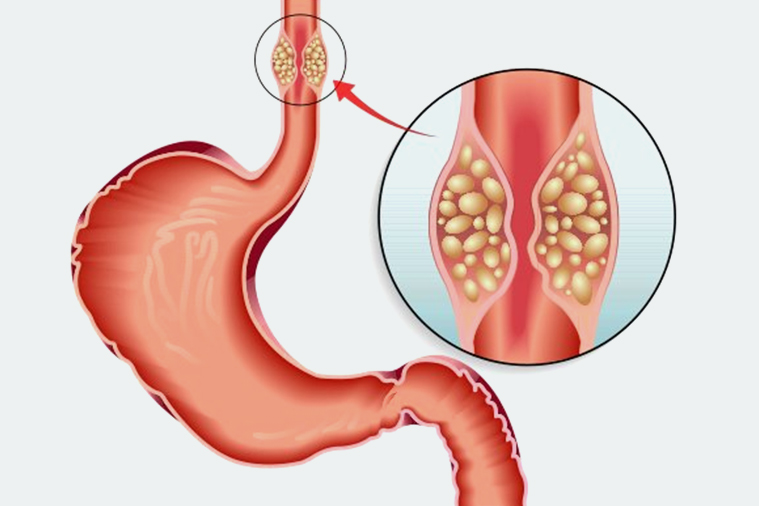Esophageal Cancer Treatment
Esophageal Cancer is a cancer that happens in the esophagus and may occur at any place along its path. More men than women are affected by this cancer.

What is Esophageal Cancer?
Esophageal cancer is cancer that happens in the esophagus. The esophagus is a long, hollow tube that begins at the throat and ends at the stomach. It is the transportation route through which food taken into the mouth moves to the stomach for digestion. Esophageal cancer may occur at any place along its path. More men than women are affected by this cancer.
What is Esophageal Cancer?
Esophageal cancer is described as cancer when cells within the inner wall of the esophagus mutate and multiply rapidly forming tumor. Types of esophageal cancer are:
- Esophageal squamous cell carcinoma — it affects the squamous cells that line the inner wall of the upper and mid-portion of the esophagus.
- Adenocarcinoma of the esophagus — it affects the glandular cells that found in the lower third of the esophagus.
- Adenocarcinoma of the gastroesophageal junction (GE junction) — it is a particular subset of esophageal cancer found at the meeting point of the esophagus and the stomach.
What are the causes of Esophageal Cancer?
Esophageal cancers take place when changes happened in DNA of cells that constitute the esophagus.
- Squamous cell cancer of the esophagus is more associated with consumption of alcohol and tobacco product. Consuming both at a time causes more risk of this cancer.
- Adenocarcinoma in the lower third of the esophagus is more connected with gastro-esophageal reflux disease (GERD). When acid backwashes from the stomach into the lower esophagus and not treated for a considerable period of time the disease may damage the cell of that region causing a growth of cancer cell.
- Adenocarcinoma of the GE junction is related to cancer that arises very close to the GE junction, either at the upper stomach region or at the lower esophagus region.
- Barrett’s esophagus demonstrates abnormal dysplasia that probably is a precursor of the development mutation of cells causing malignancy.
What are the symptoms of Esophageal Cancer?
Esophageal cancer does not reveal any symptom as such until it grows larger to make difficult to pass food through it. However, following symptoms demand immediate consultation with the doctor for further investigation for diagnosis of esophagus cancer:
- Dysphagia, it is a problem related to swallowing of solid food and even liquid.
- Chronic gastroesophageal reflux with heartburn, indigestion may lead to adenocarcinoma.
- Weight loss with blood vomiting, the passing of black stool
- Experience of abnormal voice change due to damage to the vocal cord may also indicate growth of tumor in the esophagus.
What are the treatments for Esophageal Cancer?
Treatment of cancer is individualized to the condition of the patient. However, the recommended treatments are as follows:
- Surgery may involve removal of entire esophagus or esophagectomy. If a patient is not in a position to a removal of the whole esophagus, an esophageal stent may be placed across the tumour block to allow eating.
- Chemotherapy and radiation therapy may be administered before and after the surgery.
- Targeted therapy, endoscopic treatments, and photodynamic therapy are also the treatment procedure for esophagus cancer depending on the necessity of the patients.



